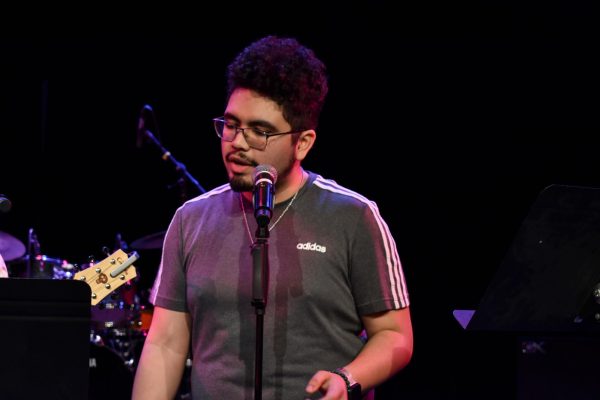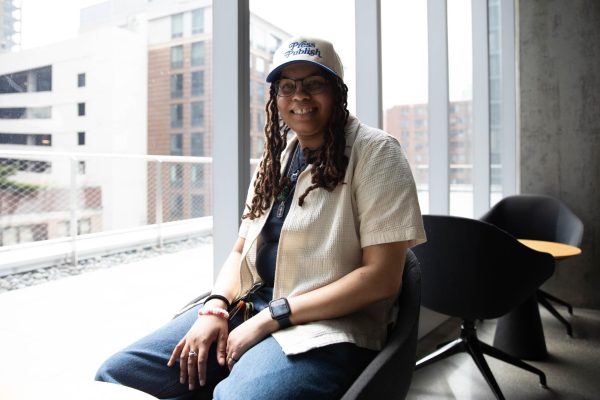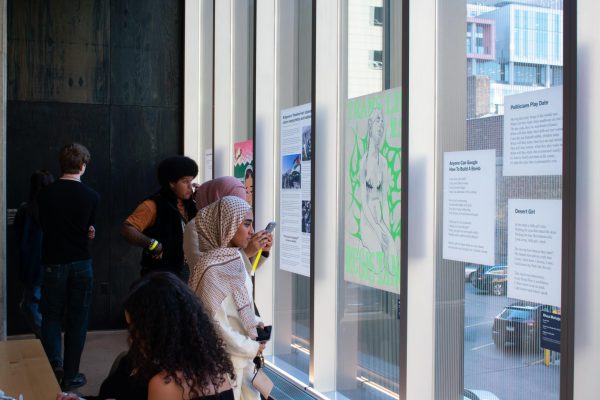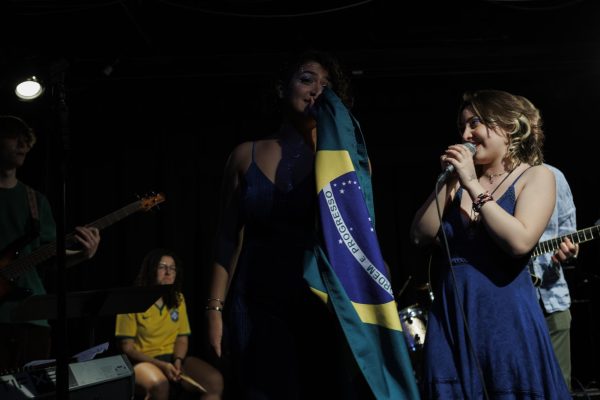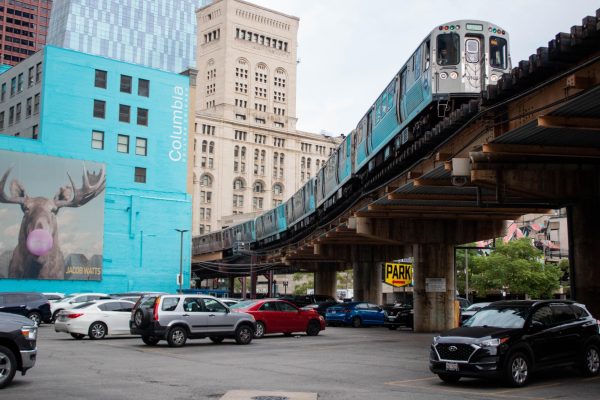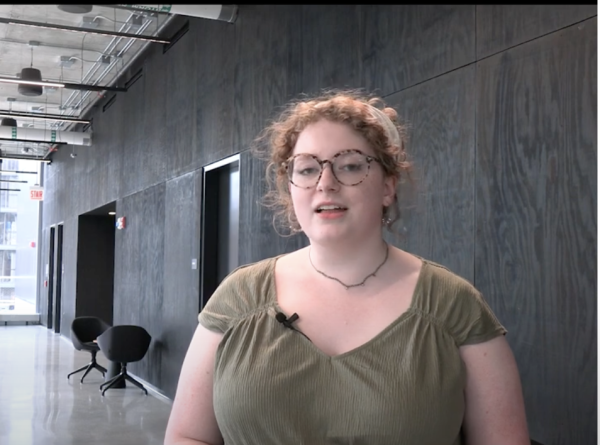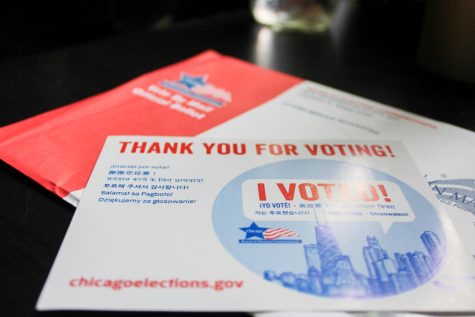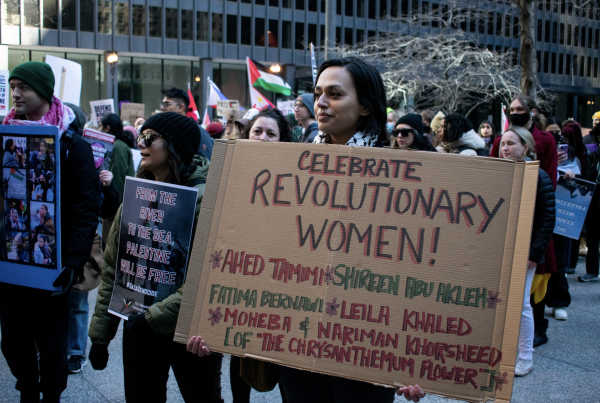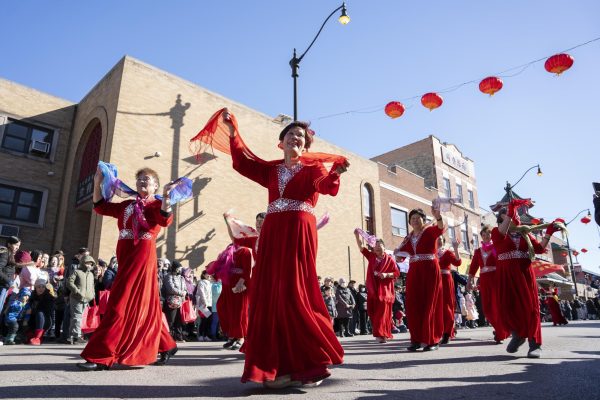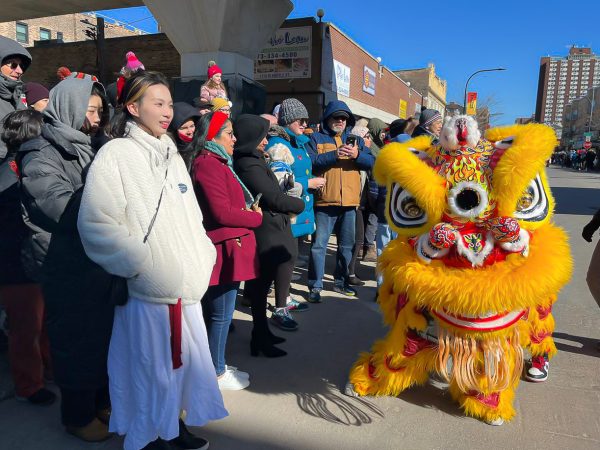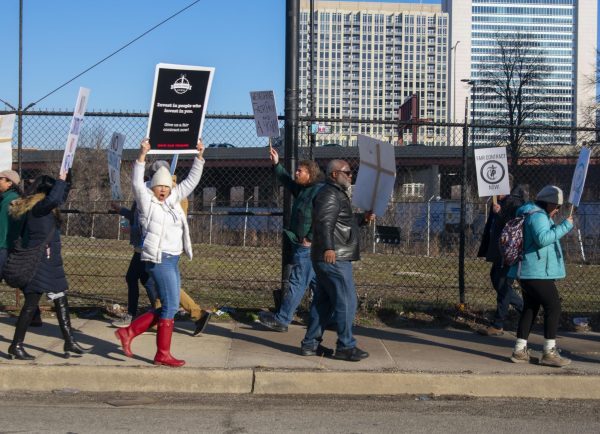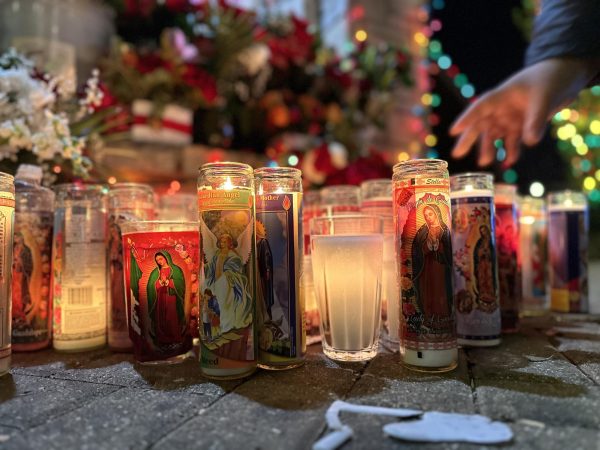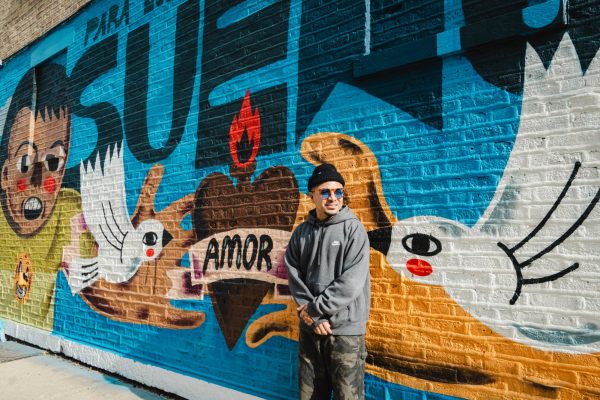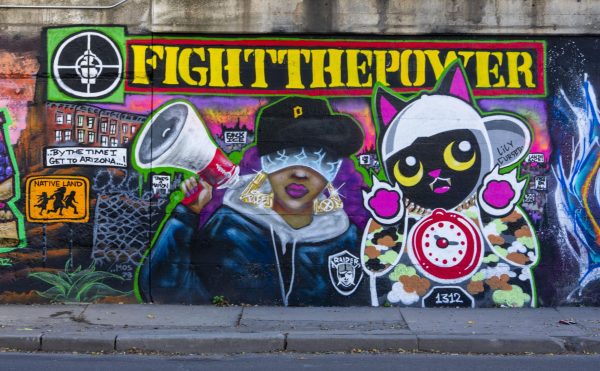Home run
October 5, 2008
Temperatures peaked at 80 degrees for the Oct. 12 running of the Bank of America Chicago Marathon, which are far from ideal conditions for the 26.2-mile race around the city.
Despite concerns of a repeat of the excessive heat problems that occurred during last year’s race-which was cancelled after four hours-very few mishaps resulted.
Only 61 runners received medical aid following the marathon this year, the race’s 31st. In comparison, more than 150 participants last year had to be hospitalized for dehydration or other heat-related injuries after the marathon, which was run in temperatures of nearly 90 degrees with humidity.
One runner, a 35-year-old police officer from Michigan, died following the 2007 race due to a heart condition that was exposed because of the tremendous heat. Such incidents led to changes this year to ensure that all 35,000 runners stayed cool and hydrated.
“Our team looked at the forecast for Sunday and was properly prepared for the temperature,” said Marianne Caponi, the public relations director for the marathon said after the race. “The initial feedback has been positive, and runners we talked to were pleased with the aid they received along the course.”
That aid included 20 stations throughout the course, located every mile or two, up from 15 stations in 2007. The stations were equipped with water, Gatorade and restrooms, and there were other booths along the route that offered fruit and energy bars. Marathoners were also sprayed with hoses and misters along their run, and each entrant was given a large bag of ice at the finish line. Many of the runners were pleased with the setup and said the heat didn’t have a huge affect on them.
“The weather wasn’t too bad at all because there was plenty of water, and people spraying hoses on us,” said runner Richard Chapman, a Portland, Ore. native and student at the University of Notre Dame. “It was not ideal conditions, but not too far off. There was a breeze, which felt nice.”
Fellow runner Brandon Lesky, a student from Milwaukee, Wis., made similar statements to Chapman’s. Lesky felt that the weather didn’t have a huge impact, but the amount of runners involved did.
“It was tough to get through all the runners traffic for the first three miles, but after that, it was great,” Lesky said. “I was comfortable for most of the race, though it got really hot at the end.”
The citywide event takes participants through a number of different neighborhoods and past many city landmarks.
Runners start along the shore of Lake Michigan in Grant Park and proceed through the Loop, going both north and south through downtown.
The race then moves up Lake Shore Drive to the city’s North Side, followed by the West Side, including trips through Greek Town and Little Italy. The runners then make it south to Chinatown and finally, at the 23rd mile, the race reaches its southernmost point, South 35th Street.
Eventually the race reaches South Michigan Avenue for the home stretch, as runners return to Grant Park, passing thousands of fans and supporters before crossing the finish line.
Highlighting the entire city was a priority for the race organizers, who were not only trying to repair their image from last year’s mishaps, but also according to Caponi, attempting to create buzz for the Chicago 2016 Olympic bid.
Officials from the Chicago 2016 committee were given behind-the-scenes access to the marathon, from its setup all the way through the conclusion of the race. Marathon officials also selected former Olympians Jessica Galli, Cat Osterman, Dathan Ritzenhein and Jim Spivey as honorary race starters, meant as a sign of unity, Caponi said.
“We had a good amount of 2016 volunteers helping us out this weekend,” Caponi said. “We also had some representatives from the Chicago 2016 committee riding in the lead car for the men’s race, so they could see how the entire course was laid out.”
The winner of the men’s race was Evans Cheruiyot of Kenya, who finished the 26.2 miles in less than two-and-a-half hours. The women’s winner was Lidiya Grigoryeva of Russia, whose time of two hours, 27 minutes and 17 seconds was more than two minutes faster than her closest competition. Both winners received $100,000 in prize money from the event’s primary sponsor, Bank of America.


